
Mississippi is my home. It is not just where I am from; it is where I live. To this day, even in the age of GPS, the directions to my house are: “Keep on going, keep on going. Weʼre the last house on that dirt road.” We have two light poles that keep away a night darkness that can only be illustrated by closing your eyes—itʼs darker than that. Outside my window are a triplet of sycamores blown into slingshots by Hurricane Katrina, pecan trees struck barren by word of my grandmotherʼs passing, and the roses, the irrepressible roses once singed by the burning of a cross of the Ku Klux Klan.
My grandfather allowed Freedom Riders to congregate at his church, and he paid for it like so many others in Mississippi with that cross burning, with his arrest in the middle of the night, and the bombing of his church days later. My grandfather lived. Others did not. The Klan took the lives of countless Mississippians who were defiant, who resisted, and they marked the territory of their genocide with a burning cross and their flag. The State of Mississippi in 2015 bears that flag in its official emblem. It is government-sanctioned. It has been voted for and on. It is official.
When my cousin applied for his marriage license, that flag was there. When my sister got her driverʼs permit, the flag was there. When my mother voted for Barack Obama, that flag was there. Everywhere we participate in citizenship, that flag is there.
So letʼs take the scorched-earth debate of the “heritage not hate of the Confederacy” out of it, because this is about choices the state made AFTER the dissolution of the Confederacy. This is about a state in the United States of America sharing iconography with a terrorist organization.
When James Meredith was blocked from coming to Ole Miss, it was not the Confederacy that did that; it was the State of Mississippi. When Black Mississippians were denied the right to vote, it was not the Confederacy; it was the State of Mississippi. When the state was complicit in blocking coverage of the civil rights movement by NBC affiliate WLBT, it was not the Confederacy; it was the State of Mississippi.
In the background of all these events, and the countless murders and lynchings of black people, and meetings of the White Citizens Council, the flag of the KKK waved. The State of Mississippi named its counties and hospitals and reservoirs after virulent violent segregationists including Ross Barnett, who said, “The Good Lord was the original segregationist. He put the Black man in Africa. … He made us white because he wanted us white and he intended us to stay that way.” The Sons of Veterans of the Confederacy tell us that the Confederacy did not share separatist values of the KKK, but the state of Mississippi did, and by choosing to not estrange itself from that terror and terrorists—it continues to.
Mississippi is my home. Everything I love the most in this world was born here, or I discovered here. My extraordinary family, the blues and gospel guitar played like no other place on this earth, gumbo better than anything cooked in any Louisiana kitchen, the rivers in which my uncles and cousins fished that produced the catfish and perch and trout that filled my hungry belly on Saturday afternoons, the man who is the love of my life, the rivers so peaceful you can hear the unborn. Alice Walker, my literary hero, wrote and taught in Mississippi. The sum total of this state is not that flag.
Making movies in Mississippi has been one of the crowning achievements of my acting career. I have done three here including Get on Up: The James Brown Story and The Help. I applaud State House Speaker Philip Gunn for his valiance to start a “conversation” about the flag. But I will never act in another movie shot in this state until that flag comes down. I am imploring other artists with ties to Mississippi, including Tate Taylor, Kathryn Stockett, John Grisham, Morgan Freeman, and Oprah Winfrey, to take a stand as well. Ms. Winfrey, the dissident voices in this state need you. Moreover and more important, we need our educators and our coaches, to demand that their students not have to walk under that flag to come to learn, to play ball, to grow up in Mississippi, to grow old in Mississippi.
In a few years, when the civil rights museum is open in Jackson, I want to take my family there. When they ask about the flag of the KKK that is in photo after photo of violence against black bodies, I want to tell them what it is and what it should be: a relic. But before we walk in, I want them to look up and see a flag hoisted on the pole outside, the new Mississippi flag, a beautiful, proud one representative not just of heritage but of future, one in which we all can imagine for the state we love. No more being at the bottom of every list of growth and at the top of every list of destruction. I can see it: a new flag, a new Mississippi. We are not a flag. We are a people, a glorious people.
See 10 of Aunjanue Ellis' Indelible On-Screen Roles
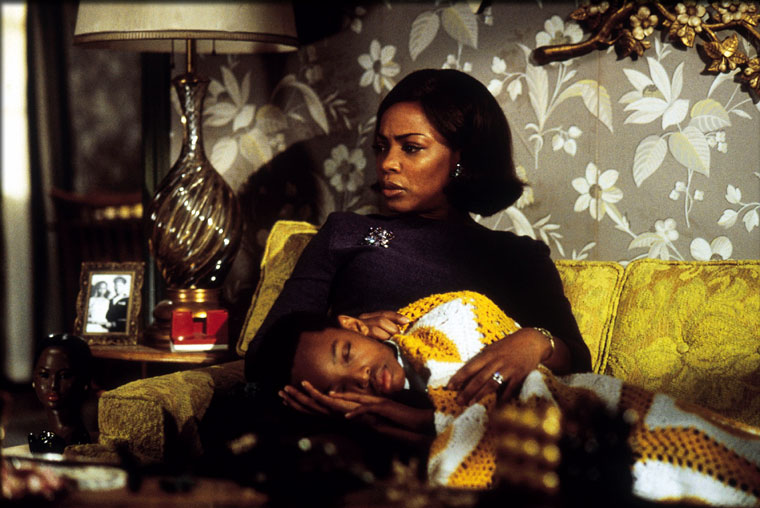
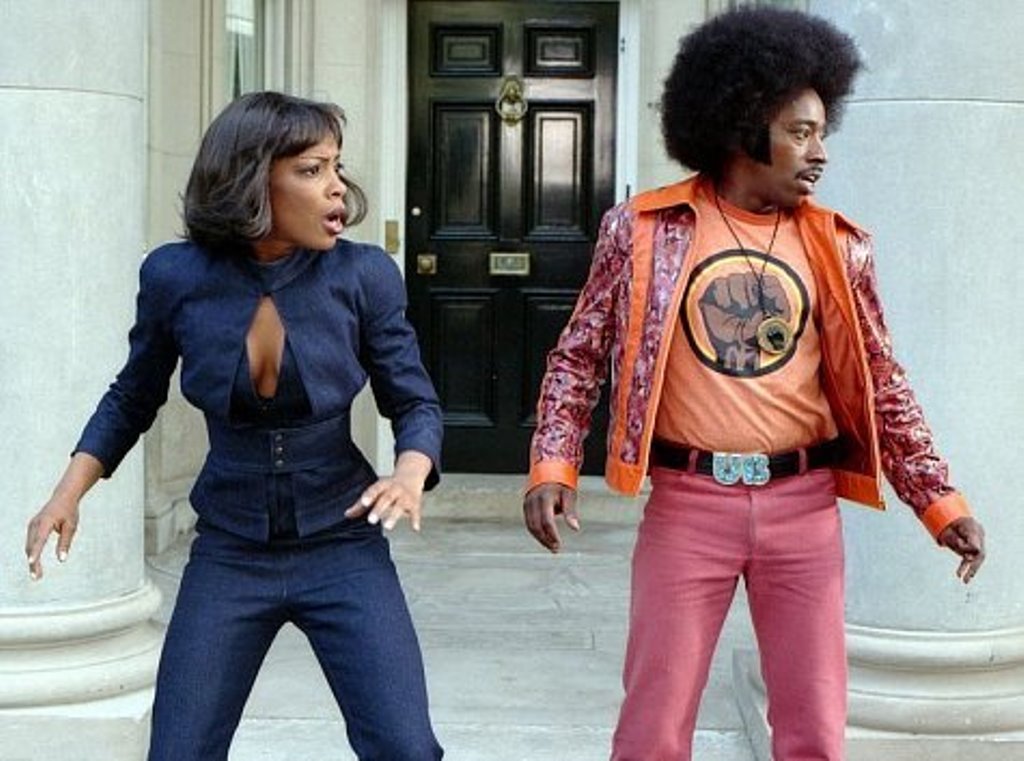
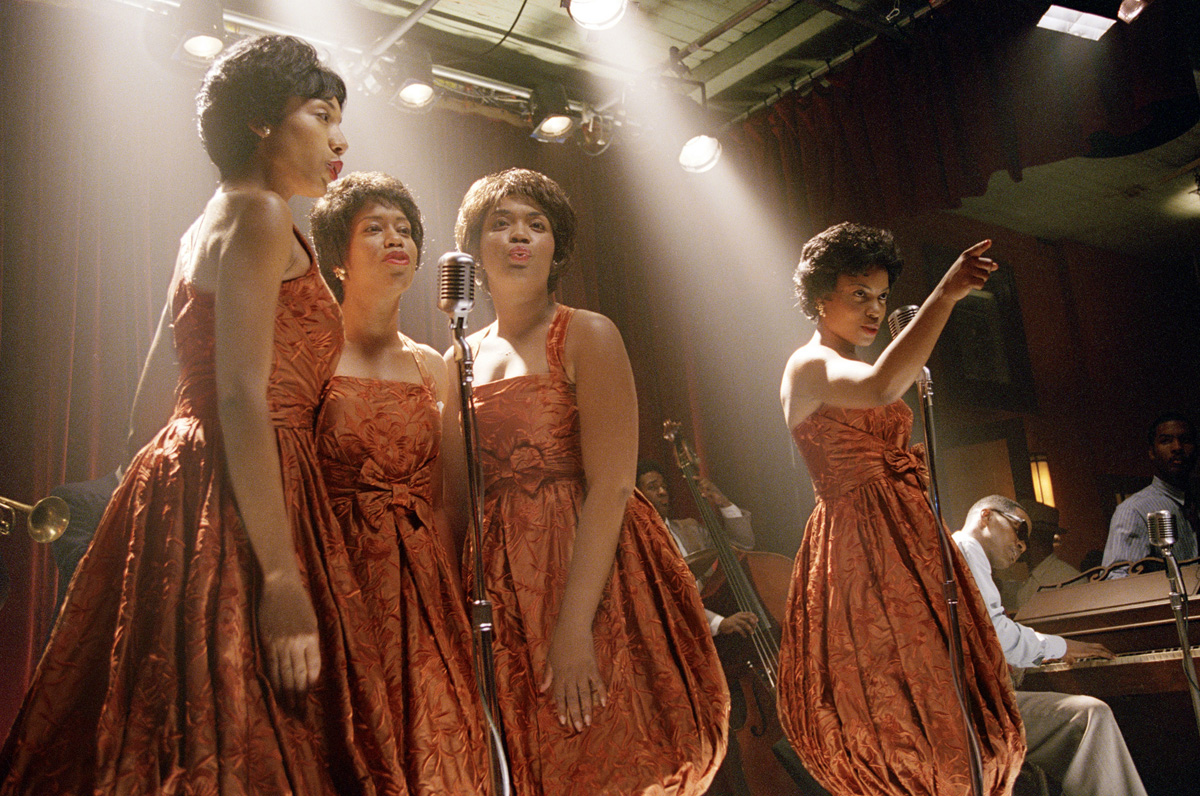

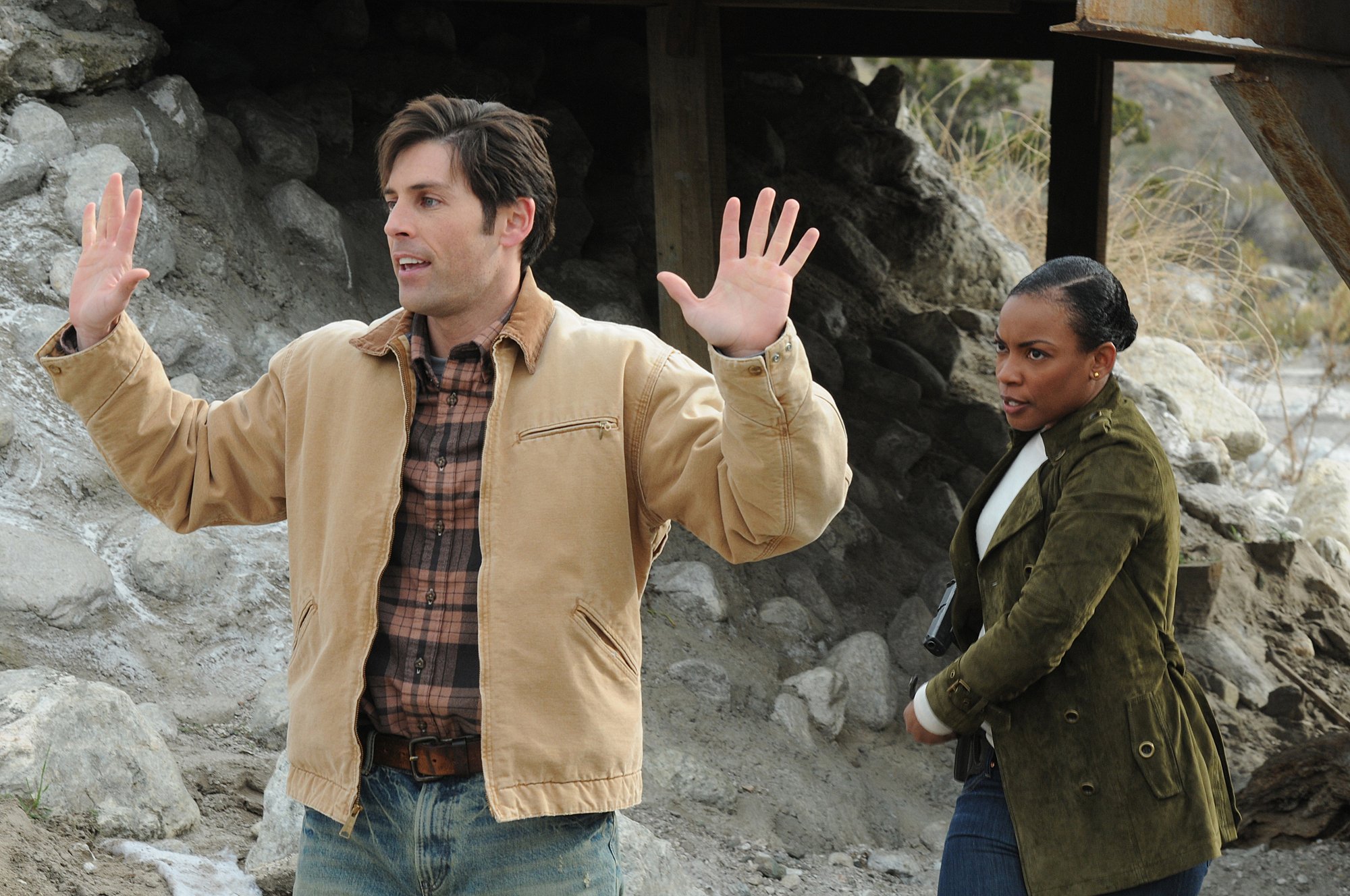
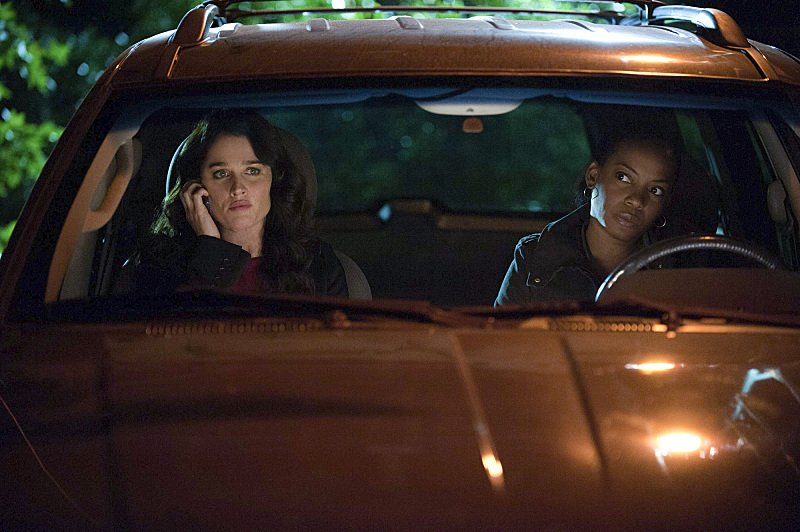
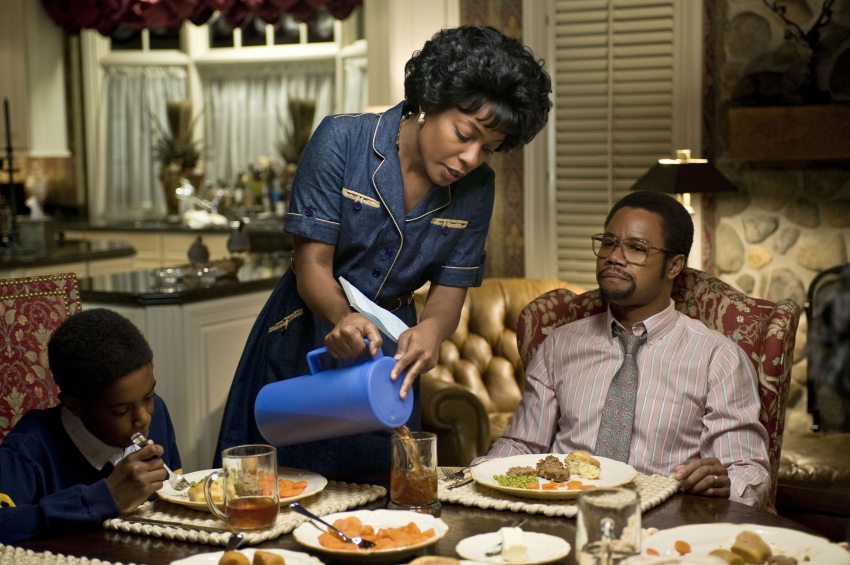
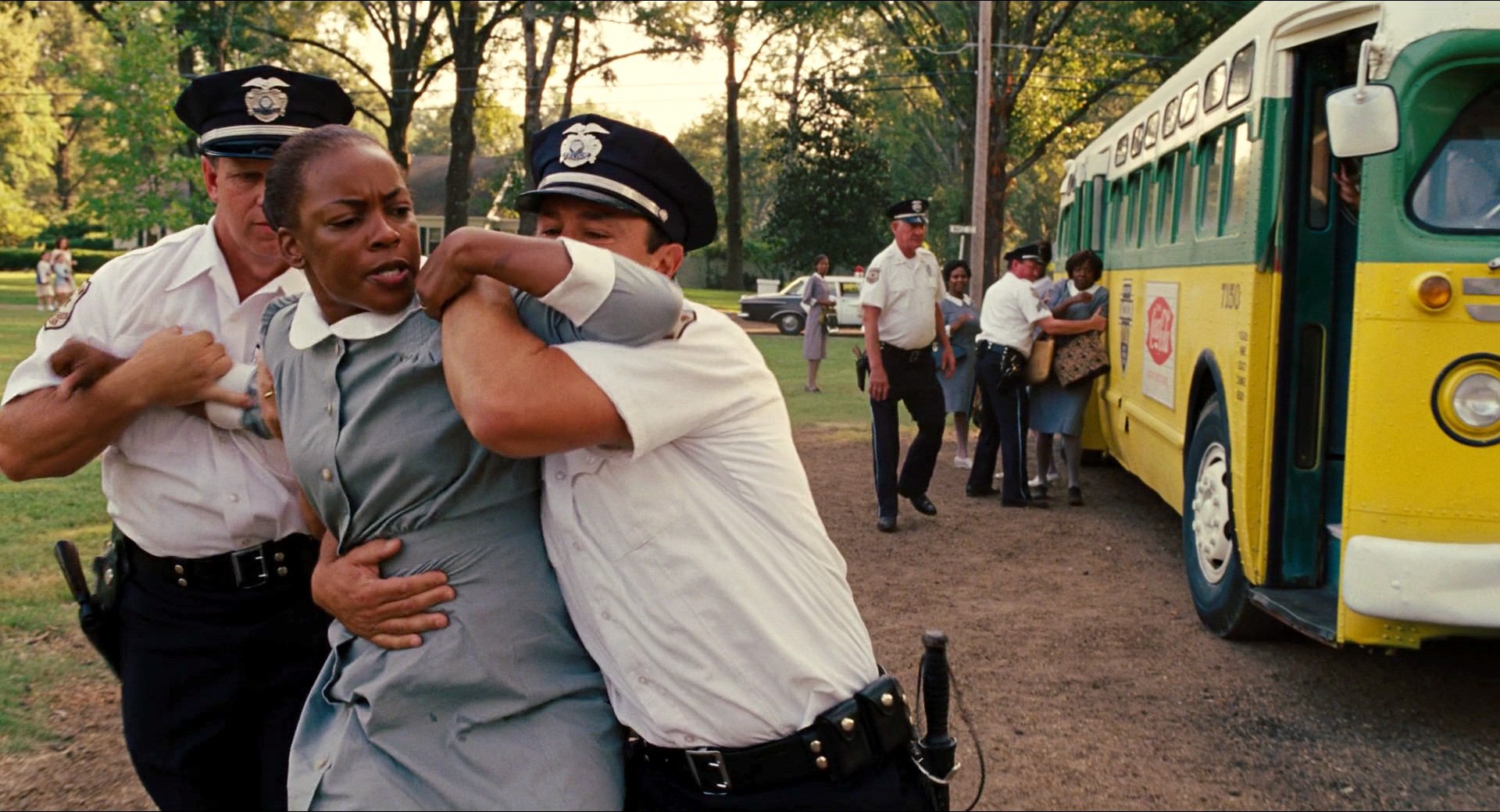
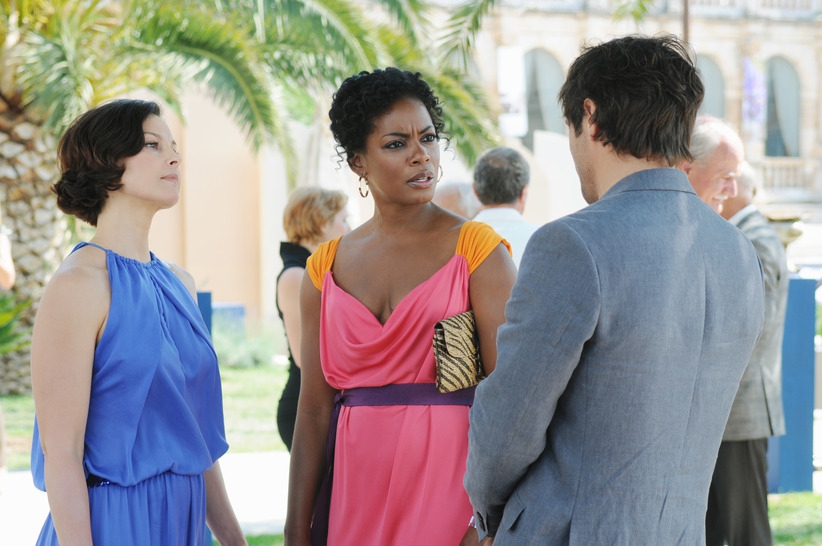
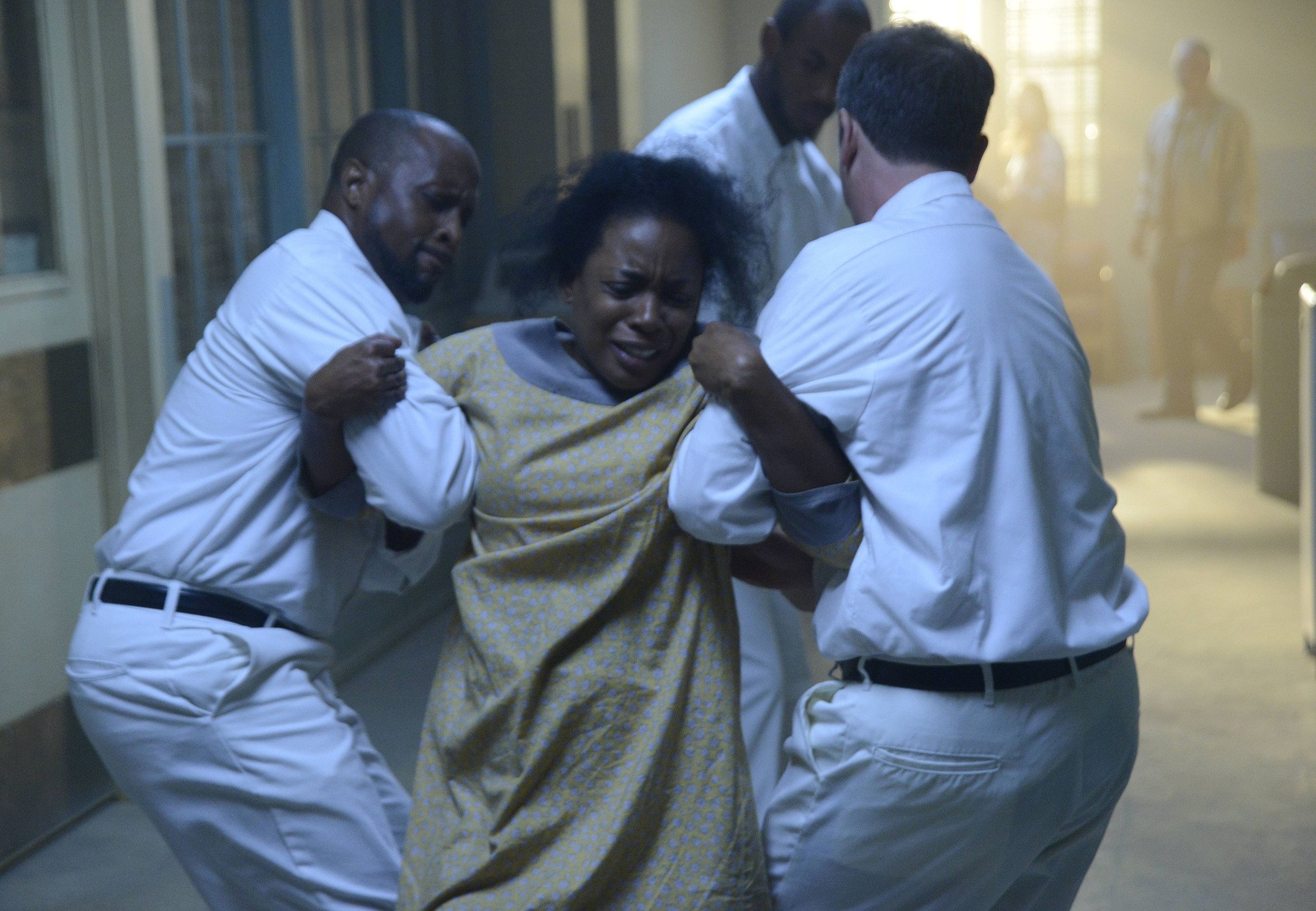
More Must-Reads from TIME
- Inside Elon Musk’s War on Washington
- Meet the 2025 Women of the Year
- The Harsh Truth About Disability Inclusion
- Why Do More Young Adults Have Cancer?
- Colman Domingo Leads With Radical Love
- How to Get Better at Doing Things Alone
- Cecily Strong on Goober the Clown
- Column: The Rise of America’s Broligarchy
Contact us at letters@time.com